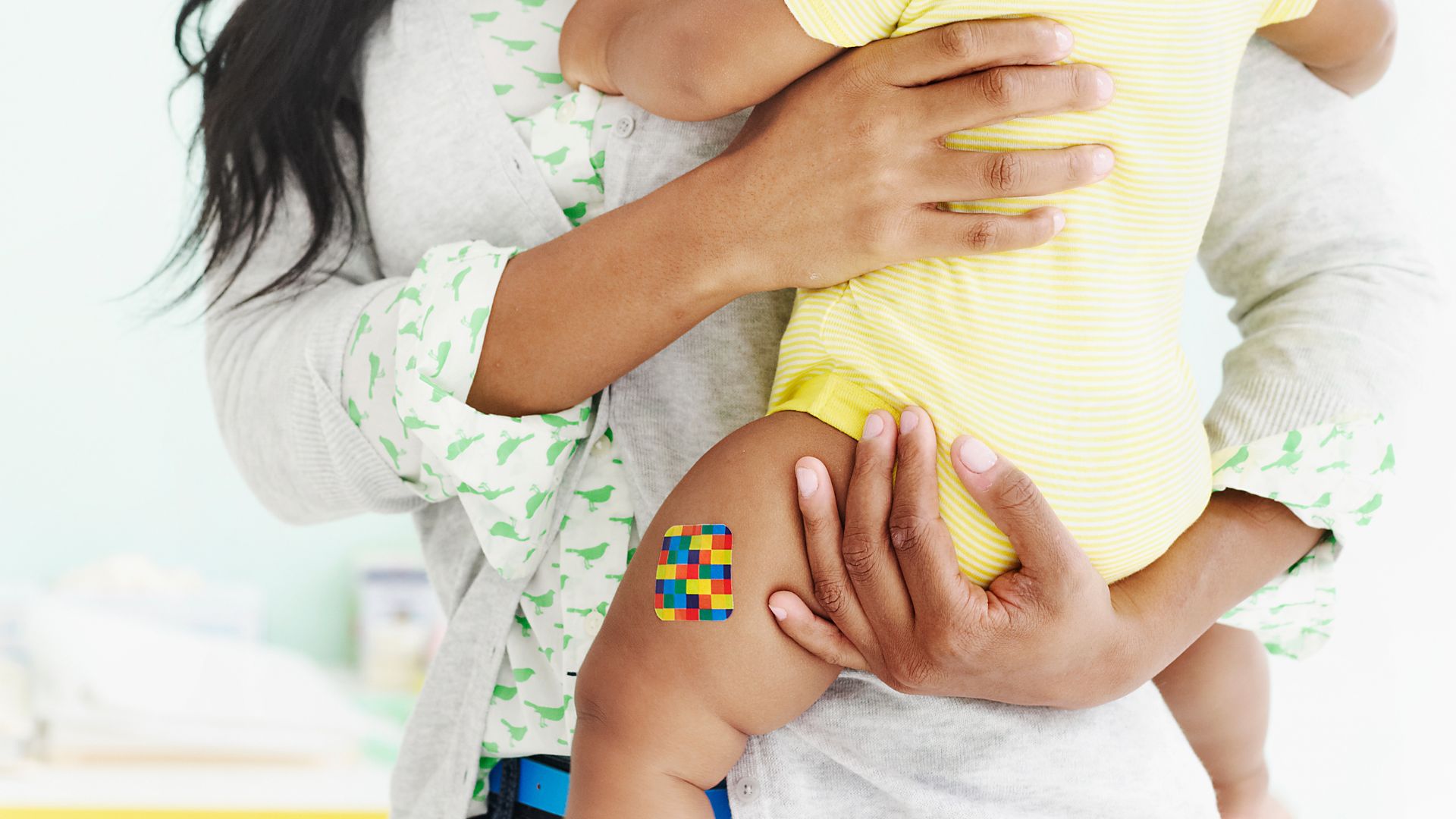'Powerful' new RSV prevention drug should be available to all infants this fall, CDC says
Come fall, a new antibody drug should be available to protect U.S. newborns and infants younger than 8 months from severe RSV infections.

Every newborn and infant under 8 months old should be given a "powerful" new drug to protect them from respiratory syncytial virus (RSV) this upcoming season, the Centers for Disease Control and Prevention (CDC) recommended Thursday (Aug. 3).
The new drug isn't a vaccine, but rather contains lab-made proteins that latch onto the virus and block infection.
The recently-approved RSV drug, called Beyfortus (generic name nirsevimab-alip) is expected to become available this fall. RSV is a common respiratory infection that, in most children, causes mild, cold-like symptoms. But particularly during their first-ever bout of RSV, infants face a risk of serious lung infections, including pneumonia, where the lung's air sacs fill with fluid, and bronchiolitis, where the organ's tiny airway passages swell up.
Each year, roughly 1% to 3% of U.S. children the age of 1 are hospitalized due to RSV, the Food and Drug Administration (FDA) noted in its approval of Beyfortus. Babies born prematurely, those with chronic lung disease and those with significant congenital heart diseases face the highest risk.
Each year, 100 to 300 children under age 5 in the U.S. die of the disease, the CDC estimates.
Related: New RSV vaccine given in pregnancy protects newborns from illness, Pfizer says
The FDA recently approved the first-ever RSV vaccine, which is cleared for use in adults ages 60 and older. Similar vaccines for infants and children are in development but have not yet been approved. There is one RSV-preventing drug already available for infants — Synagis (generic name palivizumab) — but it's reserved for the most vulnerable children due to its high cost and the fact that it requires several injections over a short time period, STAT News reported.
Sign up for the Live Science daily newsletter now
Get the world’s most fascinating discoveries delivered straight to your inbox.
Instead of training the immune system to make its own antibodies to fight RSV, as a vaccine would, the new drug gives the body a ready-made supply of them. The key component of the drug is a lab-made protein that mimics the disease-fighting antibodies normally made by the body's immune system. The Beyfortus antibody recognizes and latches onto "prefusion RSV" — the shape the virus exists in prior to infecting human cells.
The existing drug Synagis is also a lab-made antibody treatment, but Beyfortus requires only a single injection, instead of multiple.
In a 10-0 vote, a panel of advisors to the CDC recommended the widespread use of the new antibody among infants under 8 months and some high-risk children in older age groups, according to STAT News. The CDC officially adopted the recommendation hours later.
"I think this is life-changing and I'm very excited," Helen "Keipp" Talbot, an infectious disease specialist at Vanderbilt University and a member of the advisory committee told STAT News.
The CDC recommends one shot of Beyfortus for all infants younger than 8 months old who are born during or are just entering their first RSV season. (RSV season starts in fall and runs through spring.)
For some children between the ages of 8 months and 19 months old who are at increased risk of severe disease, including those with weakened immune systems, the CDC recommended a dose in their second RSV season.
The CDC's advisors "voted to include nirsevimab in the Vaccines for Children program, which provides recommended vaccines and immunizations at no cost to about half of the nation's children. CDC is currently working to make nirsevimab available through the Vaccines for Children program," the agency announced. (In this context, Beyfortus is considered an "immunization," or substance that boosts children's immunity, but it's not a vaccine that retrains the immune system in the long term.)

Nicoletta Lanese is the health channel editor at Live Science and was previously a news editor and staff writer at the site. She holds a graduate certificate in science communication from UC Santa Cruz and degrees in neuroscience and dance from the University of Florida. Her work has appeared in The Scientist, Science News, the Mercury News, Mongabay and Stanford Medicine Magazine, among other outlets. Based in NYC, she also remains heavily involved in dance and performs in local choreographers' work.
What are mRNA vaccines, and how do they work?
Deadly motor-neuron disease treated in the womb in world 1st









